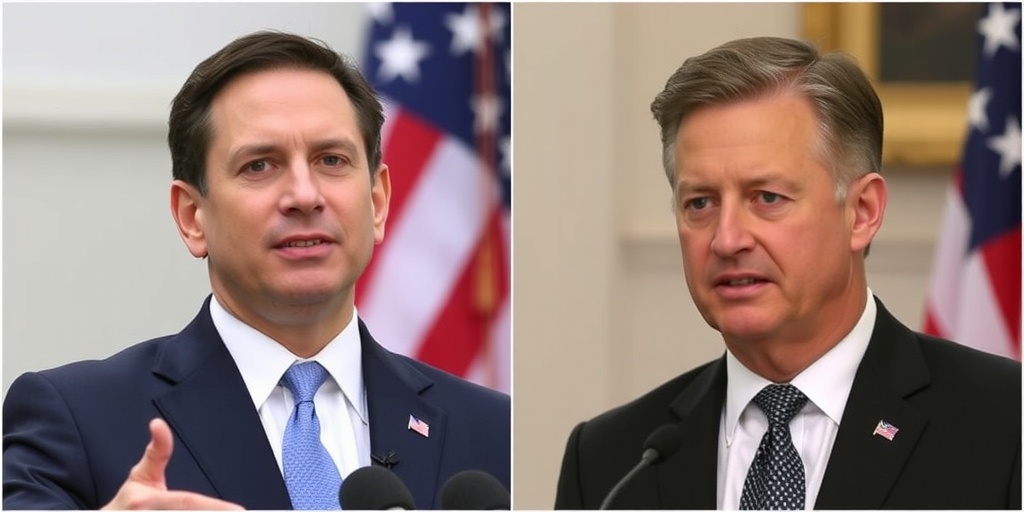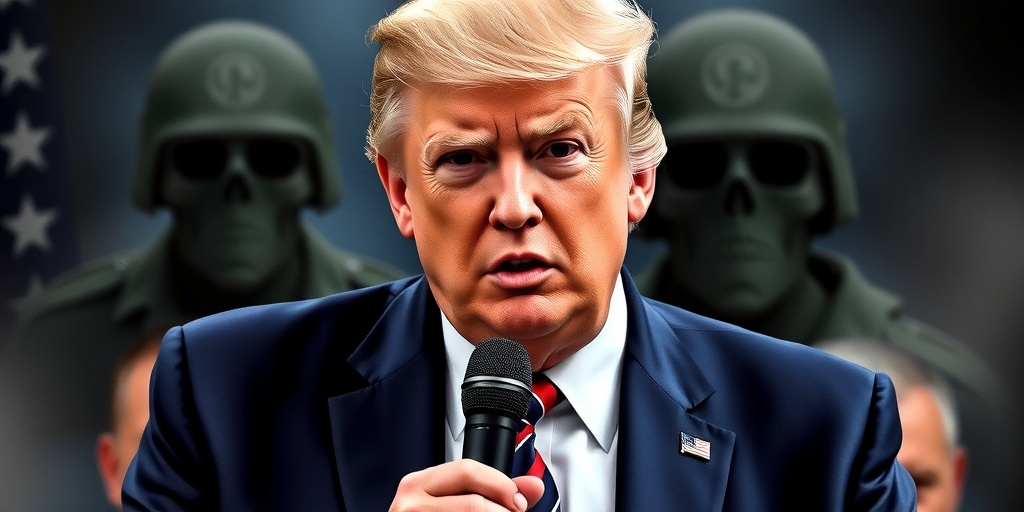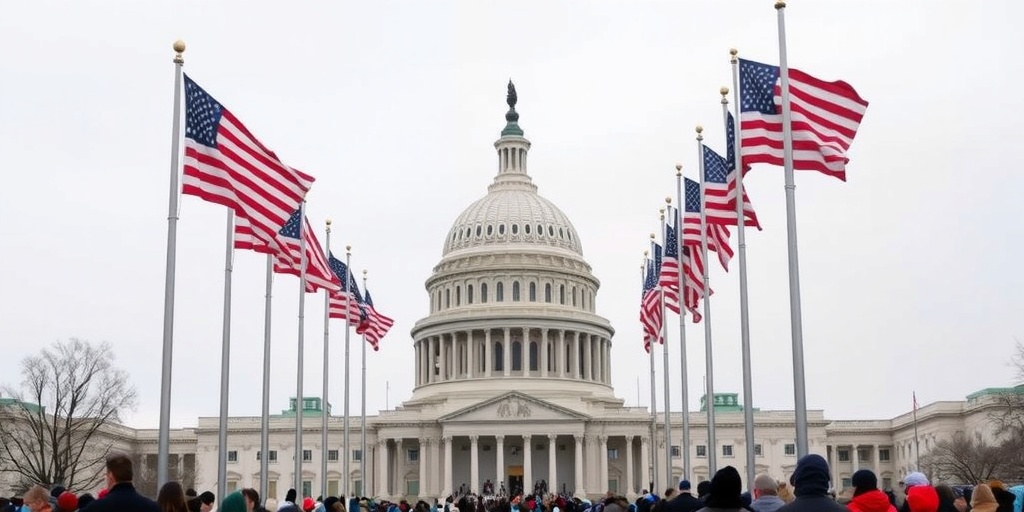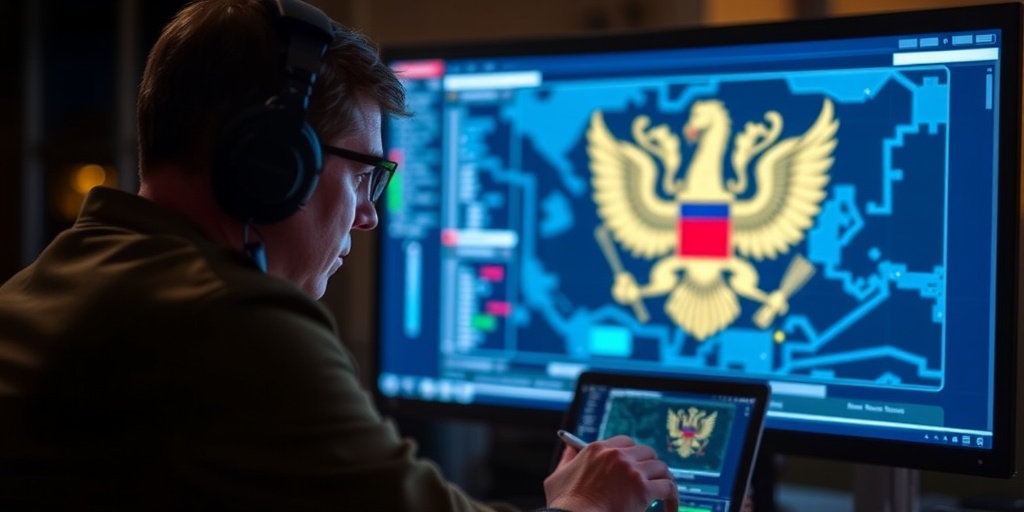Now Reading: Rubio Defends Trump and Vance, Criticizes Zelensky
-
01
Rubio Defends Trump and Vance, Criticizes Zelensky
Rubio Defends Trump and Vance, Criticizes Zelensky

Marco Rubio Defends Trump’s Criticism of Ukrainian President Zelensky Amid Ongoing Conflict
Secretary of State Marco Rubio took a firm stance on Sunday in support of President Donald Trump’s recent criticisms of Ukrainian President Volodymyr Zelensky. In a passionate interview on ABC’s "This Week," Rubio accused Zelensky of undermining peace negotiations with Russia by engaging in a confrontational televised dialogue with Trump and Vice President JD Vance. This exchange, he claimed, showcased Zelensky’s tendency to “Ukraine-splain” during discussions about the ongoing war and U.S. support for Ukraine.
During the Oval Office incident on Friday, President Trump and Vice President Vance publicly rebuked Zelensky, prompting a heated exchange that escalated tensions. The Ukrainian president had sought to emphasize Ukraine’s urgent need for American security guarantees as part of any ceasefire agreement with Russia, highlighting Russia’s aggressive actions toward Ukraine dating back to 2014. In response to Zelensky’s remarks, Vice President Vance characterized the Ukrainian leader’s elaborations as “disrespectful,” echoing Trump’s sentiments that Zelensky was “gambling with World War III” by challenging U.S. officials in such a public forum.
Rubio, present during the Oval Office confrontation, expressed bewilderment at the backlash against the Trump administration for their assertive stance towards Zelensky. He described the criticism as “absurd” and insisted that Trump was indeed striving for peace in the region amidst the destructive backdrop of the ongoing conflict. Rubio contended that Zelensky’s actions could impede U.S. efforts to secure a peaceful resolution, stating that the Ukrainian leader "couldn’t contain himself."
In defending Trump’s approach, Rubio urged critics—both Republicans and Democrats—to recognize that the United States was genuinely aiming to assist Ukraine. He emphasized, “The sooner people grow up and realize that, I think the more progress we’re going to be able to make.” Furthermore, he suggested that Trump would be posited as a contender for the Nobel Peace Prize if he were a Democrat, subtly implying a partisan bias in the perception of Trump’s efforts.
This defense from Rubio comes amidst increasing scrutiny from some Democrats, including Senator Chris Van Hollen of Maryland, who expressed regret over having supported Rubio’s confirmation as Secretary of State. Van Hollen remarked that Rubio—who previously recognized Russia’s role as the aggressor in the conflict—was now “parroting the president’s position,” a claim that undermines the principles Rubio once upheld in the Senate.
Senator Chris Murphy of Connecticut, a vocal critic of the Trump administration, echoed similar sentiments, describing Rubio as a “great disappointment” to many of his former colleagues. Rubio’s earlier support for Ukraine at the onset of the Russian invasion in 2022 starkly contrasts his current stance. During that time, he declared on MSNBC that he could not comprehend why the U.S. could not openly affirm its support for Ukrainians as long as they were willing to fight against the Russian aggression.
In a notable moment from 2023, Rubio admonished Florida Governor Ron DeSantis after DeSantis described the situation in Ukraine as merely a “territorial dispute.” Rubio countered this characterization by stating that Russia’s intent was the complete overthrow of the Ukrainian government, warning that Russia’s aggressive actions could not be resolved through traditional treaties and peace agreements.
Addressing the long-term implications of the conflict, Rubio previously articulated concerns that if Russia succeeded in expanding its territory in Ukraine, it would create a perilous precedent for global stability, particularly regarding China’s aspirations toward Taiwan and other territories. He warned that a message would be sent, indicating that there would be little consequence for aggressors seeking to invade and annex smaller neighboring countries.
In summary, Marco Rubio’s latest comments underscore a significant shift in his rhetoric concerning Ukraine amidst the evolving political landscape under the Trump administration. With his public defense of Trump’s approach to Zelensky and criticism of both bipartisan lawmakers and the Ukrainian president, Rubio aims to bolster the administration’s position while seeking to reframe the narrative surrounding U.S. involvement in Ukraine. As the conflict continues to unfold, the implications of these political dynamics may have lasting impacts on U.S.-Ukraine relations and international security efforts.
Stay Informed With the Latest & Most Important News
Previous Post
Next Post
-
 01New technology breakthrough has everyone talking right now
01New technology breakthrough has everyone talking right now -
 02Unbelievable life hack everyone needs to try today
02Unbelievable life hack everyone needs to try today -
 03Fascinating discovery found buried deep beneath the ocean
03Fascinating discovery found buried deep beneath the ocean -
 04Man invents genius device that solves everyday problems
04Man invents genius device that solves everyday problems -
 05Shocking discovery that changes what we know forever
05Shocking discovery that changes what we know forever -
 06Internet goes wild over celebrity’s unexpected fashion choice
06Internet goes wild over celebrity’s unexpected fashion choice -
 07Rare animal sighting stuns scientists and wildlife lovers
07Rare animal sighting stuns scientists and wildlife lovers





















